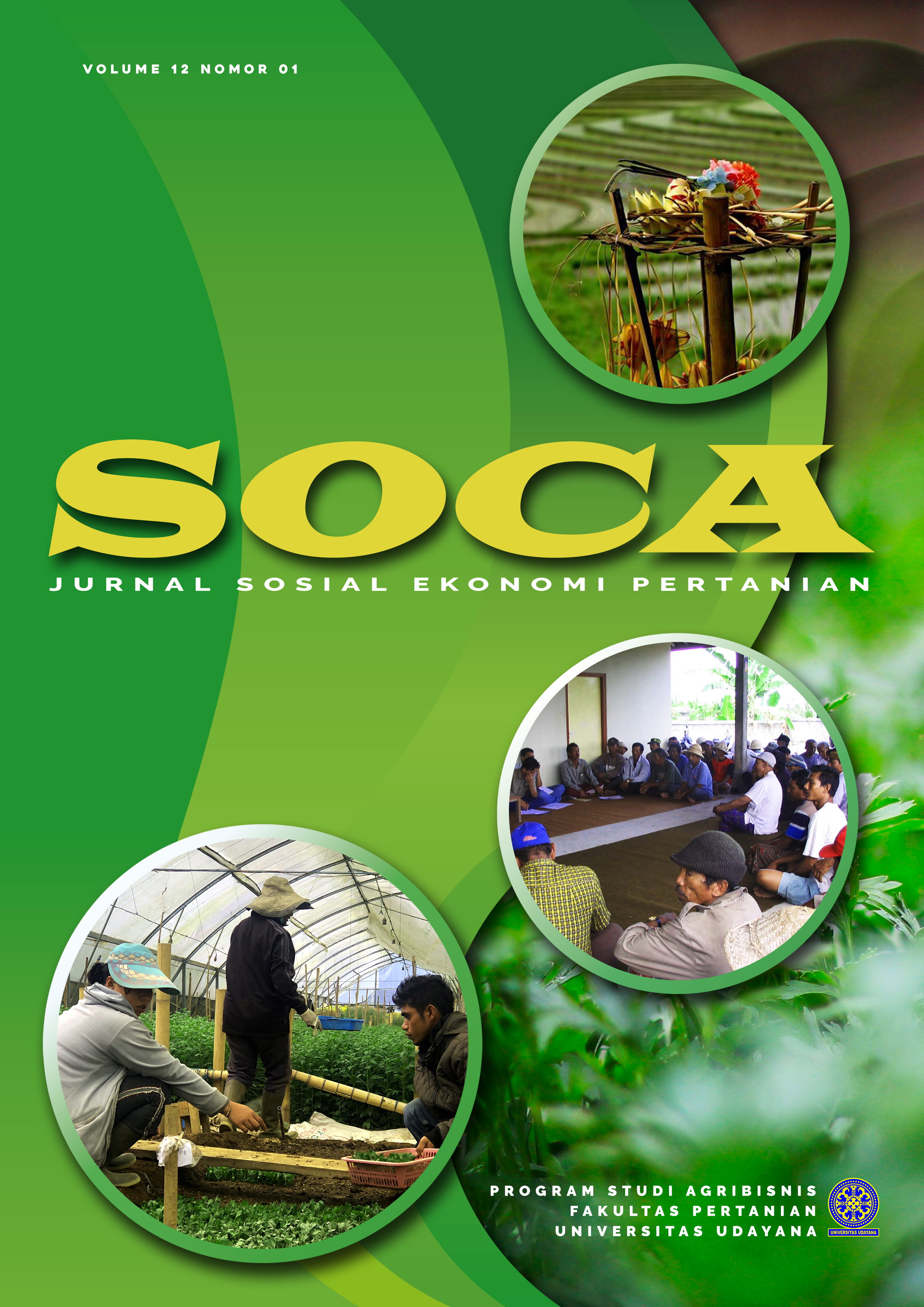STRENGHTENING FOOD SECURITY POLICIES: REFORMING THE MECHANISM FOR DISTRIBUTING HYBIRD CORN SEEDS
Abstract
This study probes into the effectivity and impact of the implementation of Social Efforts Program (Upaya Khusus/UPSUS) in providing free hybrid maize seed, through qualitative researches in two maize central cities: Dompu (West Nusa Tenggara) and Sumenep (East Java). The research shows that to improve the overall effectiveness of the UPSUS Program, local maize markets need to be categorized by
their particular strength: thin-maize market, semi-strong maize market, and strong maize market. The study identifies that the UPSUS Program is most effective in areas with semi-strong maize markets because here it supports the transition from traditional to hybrid maize types with positive effects on production levels. While region with thin and strong maize markets are deemed to be lower in UPSUS seed absrobtion, distributing seeds in these markets appears to contribute to the emergence of black-markets where farmers illegally sell their UPSUS seeds to finance other needs. The study also finds the hybrid mazie seed produced by Research and Development Agency of the Ministry of Agriculture (Balitbangtan) and licensed domestic producers are lower in quality compare to seed procued by the private
sector, hence, it may hinder the improvement of maize production for the farmers.













